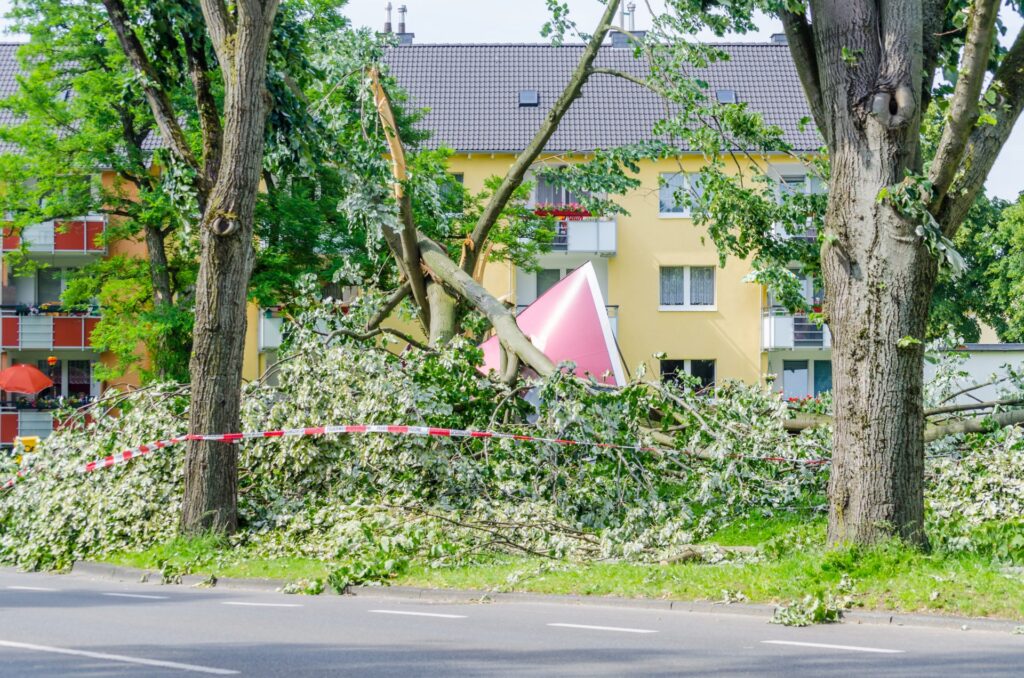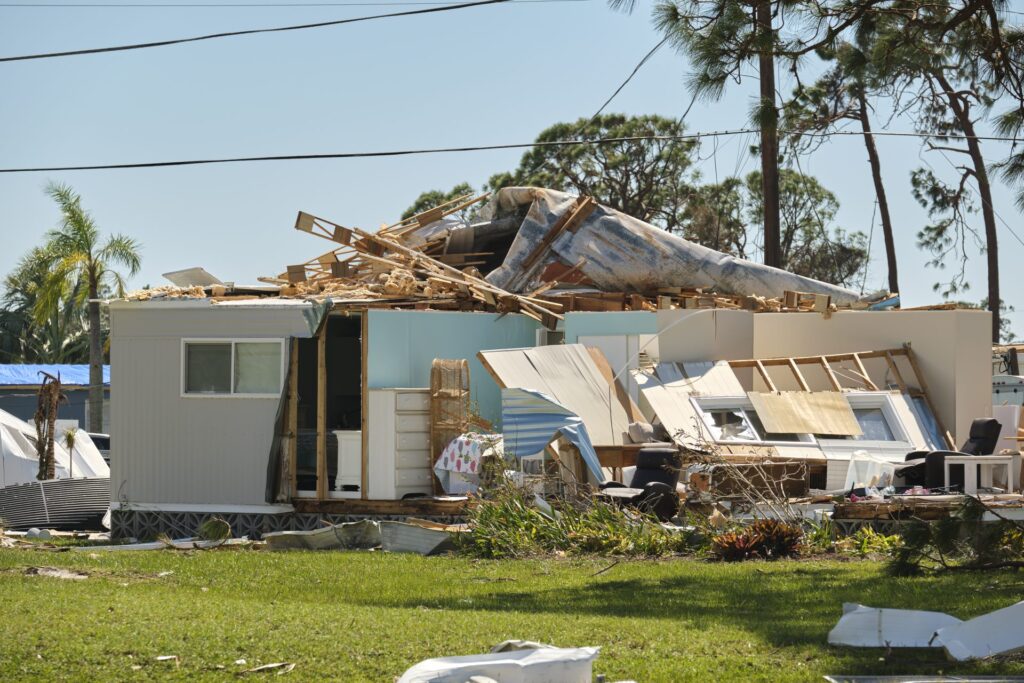Not all Homeowners’ Insurance Policies are Created Equal:
Should I buy the cheapest ACV homeowners policy available or an RCV Policy?
You probably don’t want an ACV policy. But if you do, at least know what you are getting. There are significant differences between ACV and RCV policies.
Property owners usually have the option to insure their property at actual cash value (ACV) or replacement cost value (RCV). To make the best decision, you need to gain a clear understanding of the difference between these two policy options. Unfortunately, sometimes you don’t know what type of policy you have until AFTER you have made a claim. You don’t want to be in this position. This happens when the insurance agent doesn’t properly inform you about the difference between the two and how it can affect you when you make a claim for benefits. It can also happen when the property owner just asks for the cheapest policy available and doesn’t get any details.
Basically, the difference between an RCV and ACV policy is wear and tear; otherwise known as depreciation.
Let’s break down the difference:
ACV policies do not pay for wear and tear. ACV considers that the property has most likely depreciated over time, and uses depreciation to reduce the amount of proceeds paid out in a claim based on age and condition of property at the time of the “loss”. For instance, suppose the damaged property was a roof with a 20 year life expectancy that would cost $10,000 to replace, but was 10 years old. Even though the roof was in good shape for a 10-year-old roof, it was definitely not brand new. In 10 years time, there will be some wear and tear to the roof.
With ACV, the insurance company may determine that $5000 of depreciation occurred since the roof was installed (10 years ago). In this case, if you had a shingle with a 20 year lifespan and your roof was 10 years old the insurance company would deduct $5,000 as depreciation since your roof has reached half its lifespan. In that case, the insurance company would pay you $5,000 minus any applicable deductible even though it will still cost you around $10,000 to replace your roof.
To some extent, with a ACV policy, you would be paying an increased deductible in the form of depreciation. To summarize ACV, the insured would pay the difference between the replacement cost ($10,000), the amount the 10 year old roof depreciated by ($5,000), and any deductible. So in essence, the property owner is “co-insuring” his own property with an ACV policy.
RCV Policies for the win:
On the other hand, an RCV policy pays for wear and tear. RCV will replace the lost property with either an identical or similar piece of property. Using our roof example, if it costs $10,000 to replace the roof, the insurance company will pay you the $10,000 minus any applicable deductible. Even though the roof was showing its age, and the current value was less than $10,000, RCV allows the policyholder to recoup the value of a brand new replacement roof.
Which policy is best? RCV Policies or ACV Policies?
This question cuts to the core of what insurance is all about – making the insured whole again. In most cases, ACV falls short. Conversely, RCV can create an overly beneficial situation for the insured. If your roof is old and dilapidated, but the insurance covers RCV, it is obvious that the policyholder will benefit greatly by receiving enough funds to purchase a brand new roof to replace the old one. In this case, the house would increase in value as the old worn-out components (roof) were replaced with brand new ones. So the homeowner would be better off in terms of the value of their home, than if the damage had never occurred at all. But that’s why RCV policies cost more; you get more.
There are usually components of RCV and ACV integrated into most policies. For instance, even with an RCV policy, some insurers stipulate that all repairs must be completed in order to obtain the full replacement cost (depreciation) of the property. They may decide to pay the ACV up front, and have the rest of the payment (the difference between an RCV policy and an ACV policy) contingent upon all repair work being completed. This keeps the insured from pocketing the money and gaining financially from the loss.
In any event, consult with an agent to see which option is right for you. Spend at least the same amount of time you would spend researching your next vacation on choosing a homeowners’ policy. It could be the difference between you actually getting to take a vacation.
Contact Stormlex Law Group!
Texas is prone to a frequent and violent nature of storms. Residents of San Antonio, Dallas, Austin, and other cities often experience significant property damage as a result. In your time of need and stress, you expect the insurance company to show up for you and your claim. That’s not always the case.
Negotiating with the insurance company can be a daunting and stressful task and Stormlex Law Group understands how essential it is to advocate for your rights and interests. Our insurance lawyers are prepared to present your case clearly and persuasively, using evidence and documentation to support your arguments.
Facing a denied insurance claim can be a challenging and overwhelming experience. It’s important to remember that you have options and rights as a policyholder. By understanding your rights, gathering evidence, and seeking legal guidance, you can increase your chances of overturning the denial and obtaining the coverage you deserve.
If you are currently dealing with a denied claim, give us a call at 877-890-6372 or send us an email at info@stormlex.com

















